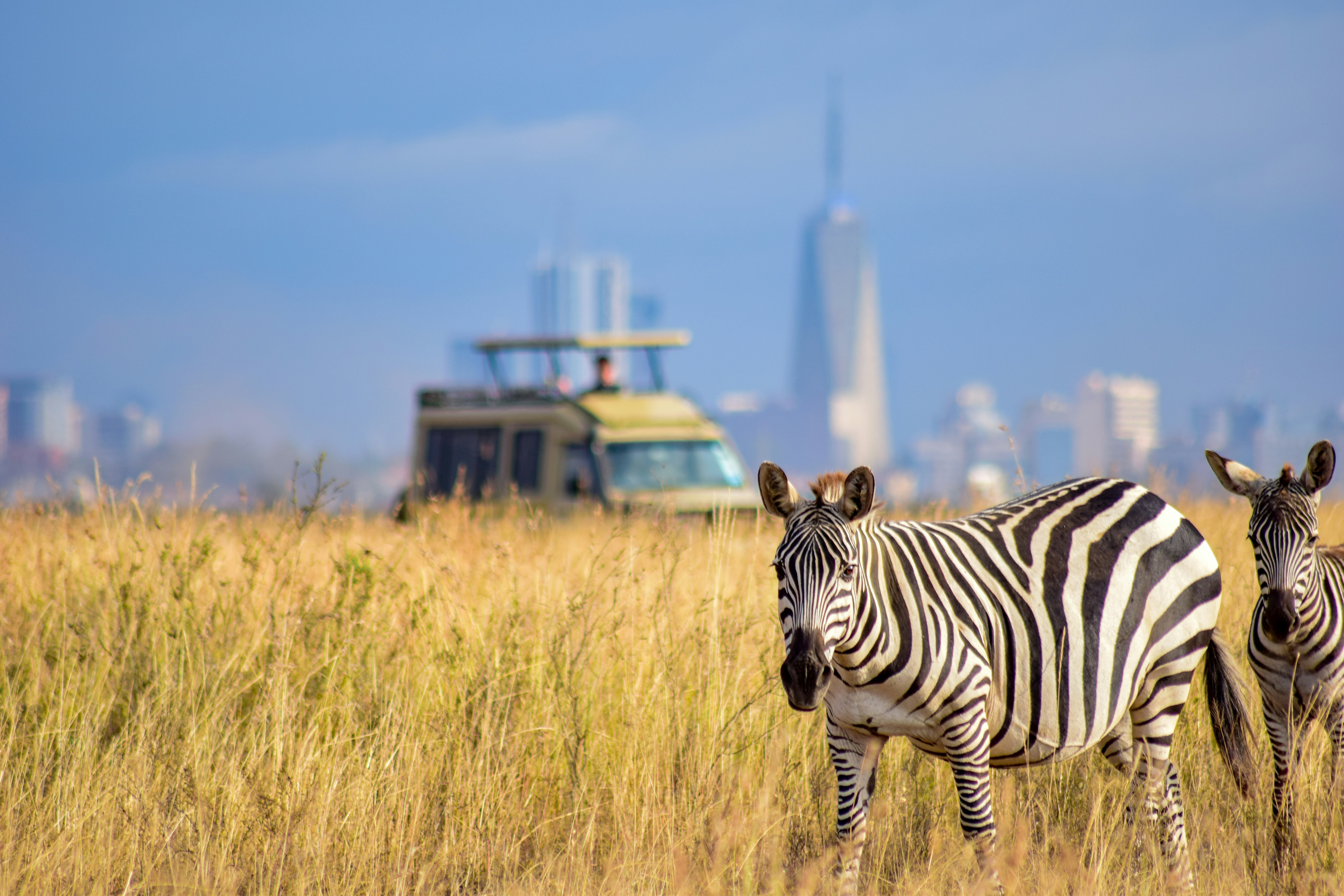
New KWS National Park Entry Fees 2025 – Full Guide for Kenyans, Residents & Tourists
Introduction
From October, the Kenya Wildlife Service (KWS) will introduce new entry fees across all national parks, reserves, and sanctuaries. This is the first comprehensive fee revision in nearly 18 years, aiming to address a rising budget deficit, strengthen conservation, and enhance visitor experiences. The changes affect everyone—Kenyans, East African Community (EAC) residents, and foreign visitors.
This guide breaks down the new fee structures, exemptions, booking processes, and what it all means for tourism and conservation in Kenya.
Why KWS Is Raising Entry Fees
Addressing Budget Gaps and Rising Costs
KWS has struggled with a growing deficit of up to KSh 12 billion annually. Operating costs—security patrols, ranger welfare, infrastructure upgrades, anti-poaching, and habitat restoration—have increased significantly.
Matching Global Safari Standards
Compared to safari destinations in Southern Africa, Kenya’s fees were lagging behind. The new rates align with global benchmarks while retaining affordability for Kenyans and EAC residents.
Improving Visitor Experience
Part of the new revenue will be invested in better access roads, visitor facilities, ranger posts, digital ticketing, and educational signage. This ensures visitors receive greater value for money.
New KWS Entry Fees by Park Category
Premium Parks (Amboseli, Lake Nakuru, etc.)
- Kenyan / EAC Adult: KSh 1,500 (previously ~KSh 860)
- Foreign Adult: Approx. USD 100+ (~KSh 11,660)
- Children (5–17 years): Reduced rates apply
- Seniors (70+) & Persons with Disabilities: Possible exemptions
Urban Safari Parks (Nairobi National Park)
- Kenyan / EAC Adult: KSh 1,000 (previously ~KSh 430)
- Foreign Adult: Approx. KSh 10,360
- Children & Students: Lower fees continue
- Note: Higher rates intended to reduce congestion at Nairobi NP
Wilderness & Scenic Parks (Tsavo East & West, Meru, Aberdare, Hell’s Gate, Mount Longonot)
- Kenyan / EAC Adult: From KSh 515 to KSh 1,000
- Foreign Adult: Moderate increases, typically USD 60–80
- Children & Students: Concessionary pricing continues
- Camping: Rates adjusted upward depending on facilities
Sanctuaries & Special Interest Sites (Nairobi Orphanage, Safari Walk)
- Kenyan / EAC Adult: KSh 300 (previously KSh 215)
- Foreign Adult: Approx. KSh 3,250
- Children (5–17 years): Discounted rates available
- Educational Groups: Special arrangements upon request
Exemptions and Free Entry Days
- Children under 5 years: Free entry remains.
- World Tourism Day – Sept 27, 2025: All Kenyan citizens will access parks free of charge.
- Seniors (70+) and Persons with Disabilities: Exemptions or reduced fees may apply.
- Educational Trips: Student groups often receive special concessionary rates.
KWS may also provide a grace period for annual pass holders or phased rollouts, though final details depend on implementation.
How to Pay and Book Under the New System
Digital-Only Payments
KWS has gone fully cashless. All entry fees must be paid through the eCitizen portal or the official KWS digital platforms. Visitors must present QR-coded e-tickets at park gates.
Booking Essentials
- Advance booking is strongly advised, especially for Amboseli, Nakuru, and Nairobi NP.
- Tickets are time-bound (generally valid 6 AM–6 PM).
- Exiting late may result in additional charges.
Accepted Payment Methods
- Mobile money (M-Pesa)
- Credit/debit cards
- Bank transfers via eCitizen
Impacts on Tourism and Conservation
Strengthening Conservation Funding
The revised fees are projected to raise KSh 16.58 billion annually, supporting anti-poaching operations, ranger training, habitat management, and community benefit programs.
Domestic Tourism Concerns
While the changes aim to boost conservation, some Kenyans worry that higher prices could discourage family visits. Free entry days and discounted rates for students are meant to safeguard inclusivity.
Positioning Kenya Globally
By charging more in premium and urban parks, Kenya signals its intent to remain a top-tier safari destination. Success depends on ensuring visitors see value in improved facilities and services.
Frequently Asked Questions
When do the new fees take effect?
From October 1, unless delayed by legal or administrative review.
Will Nairobi National Park also see increases?
Yes. Local adult rates rise to KSh 1,000, while foreign adult fees exceed KSh 10,000 equivalent.
How much will foreign visitor fees increase?
By 50–60% in most premium parks, climbing from USD ~60 to ~100+.
Are there exemptions or free days?
Yes. Free entry for Kenyans on Sept 27, plus concessions for students, children, seniors, and persons with disabilities.
How do I pay?
Through eCitizen/KWS portals using mobile money, cards, or bank transfers. Cash is not accepted.
Is this the first increase in years?
Yes. It’s the first major revision in nearly 18 years.